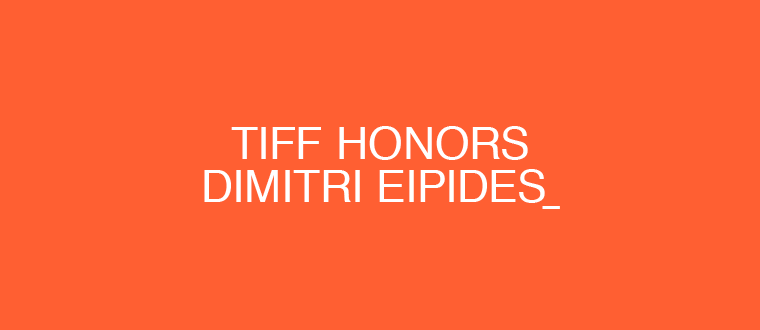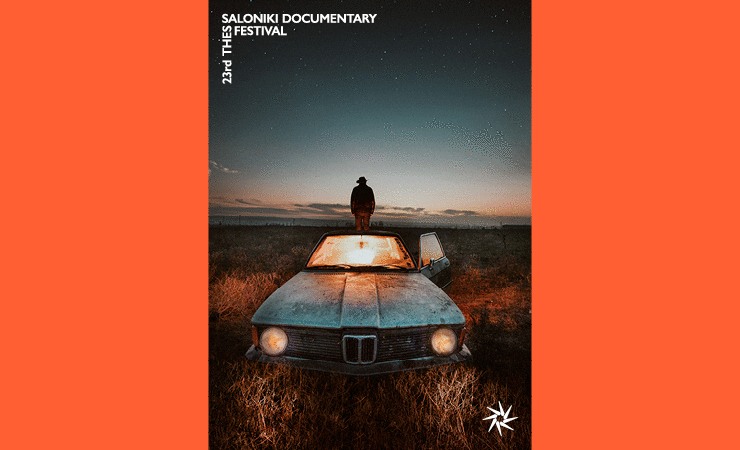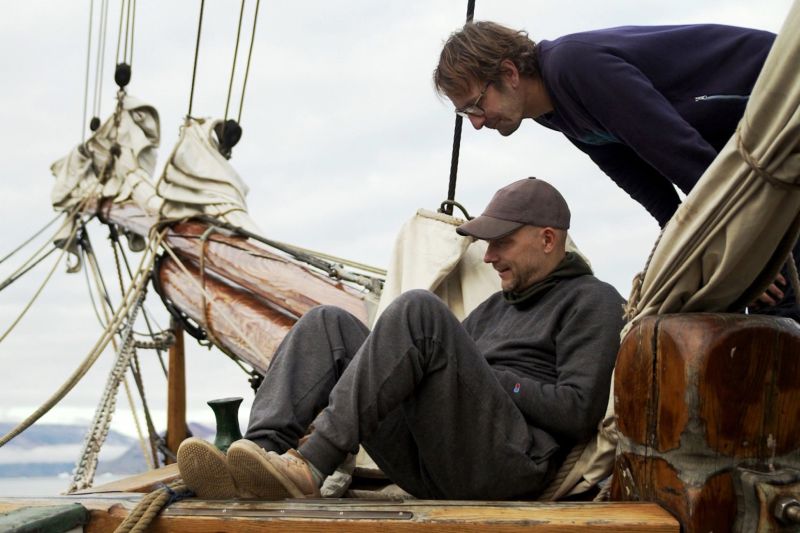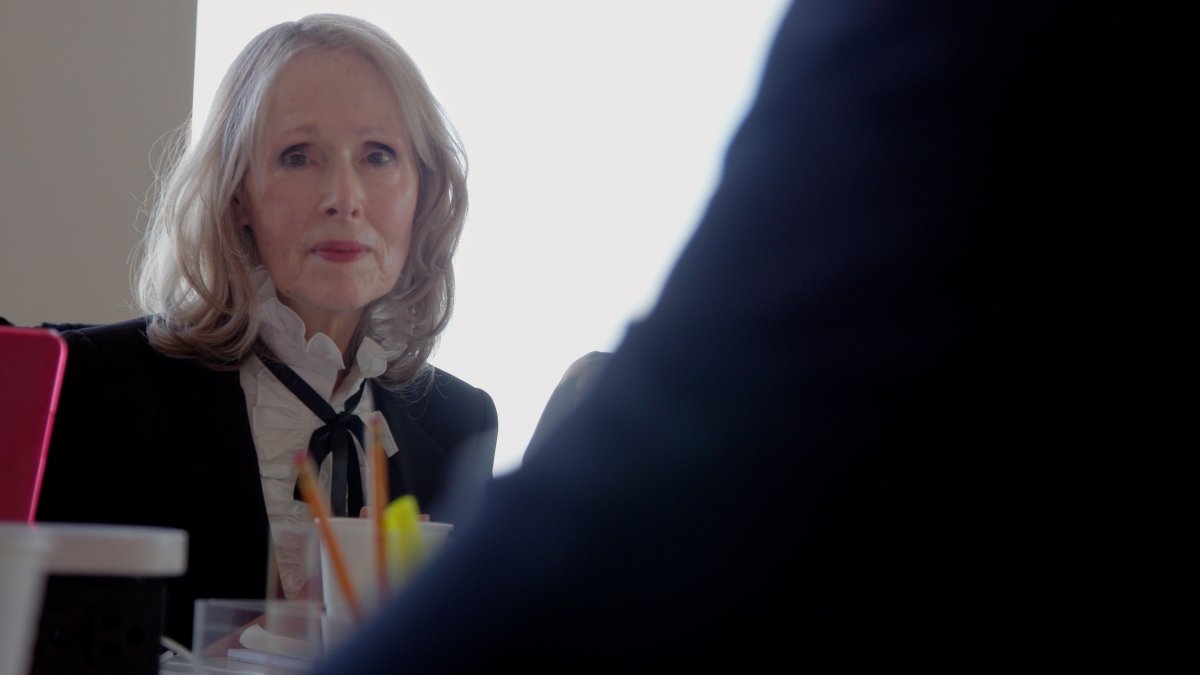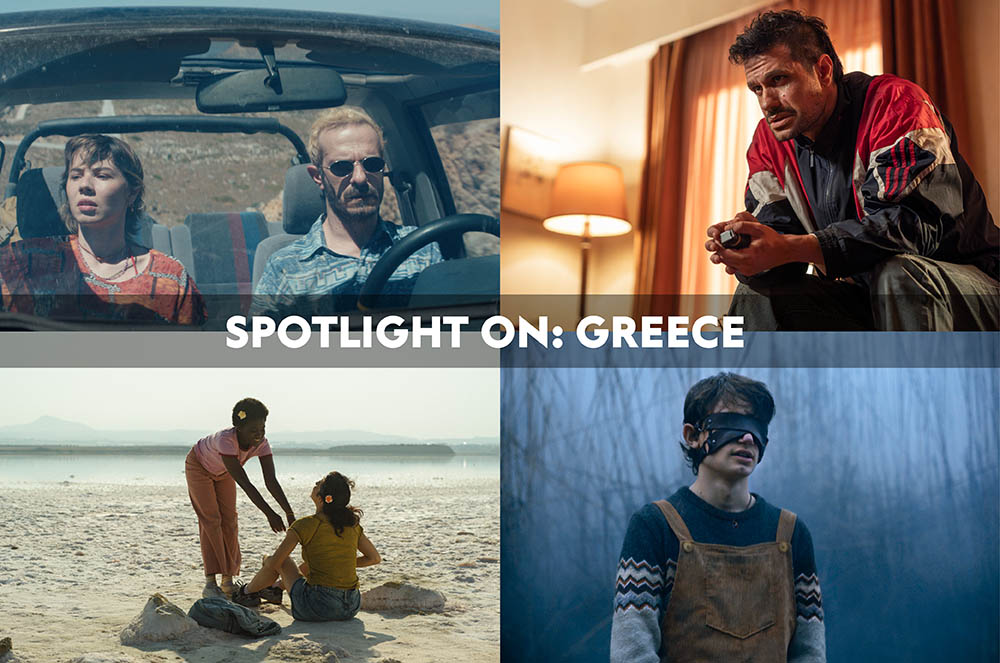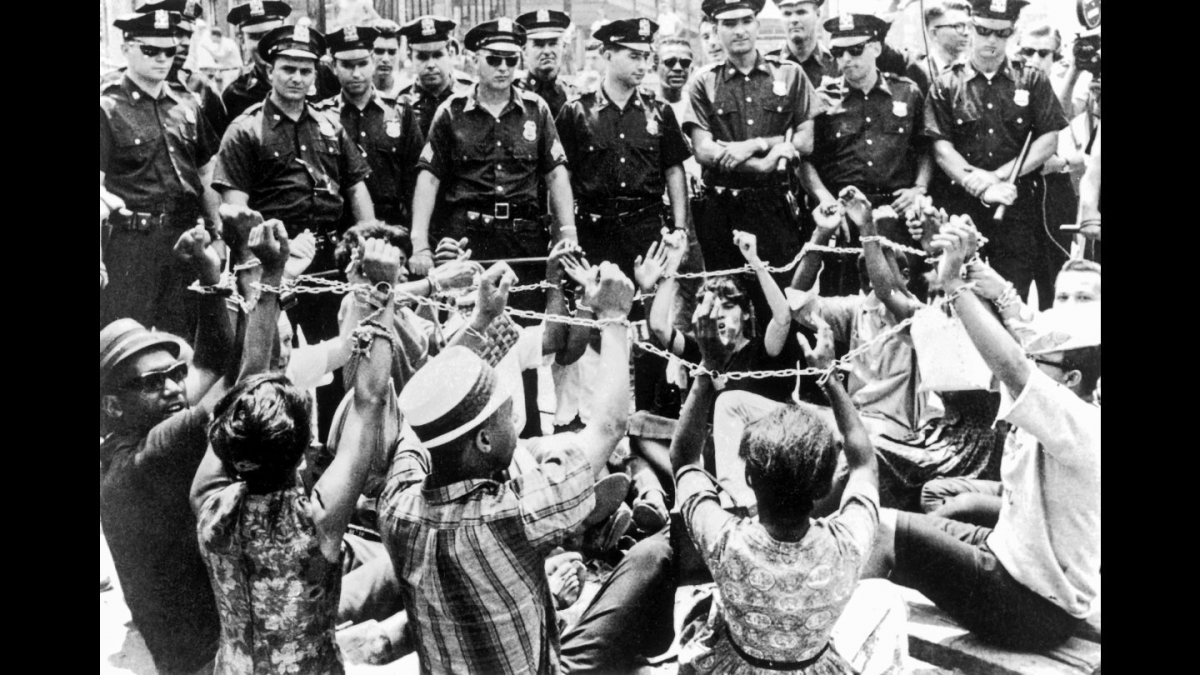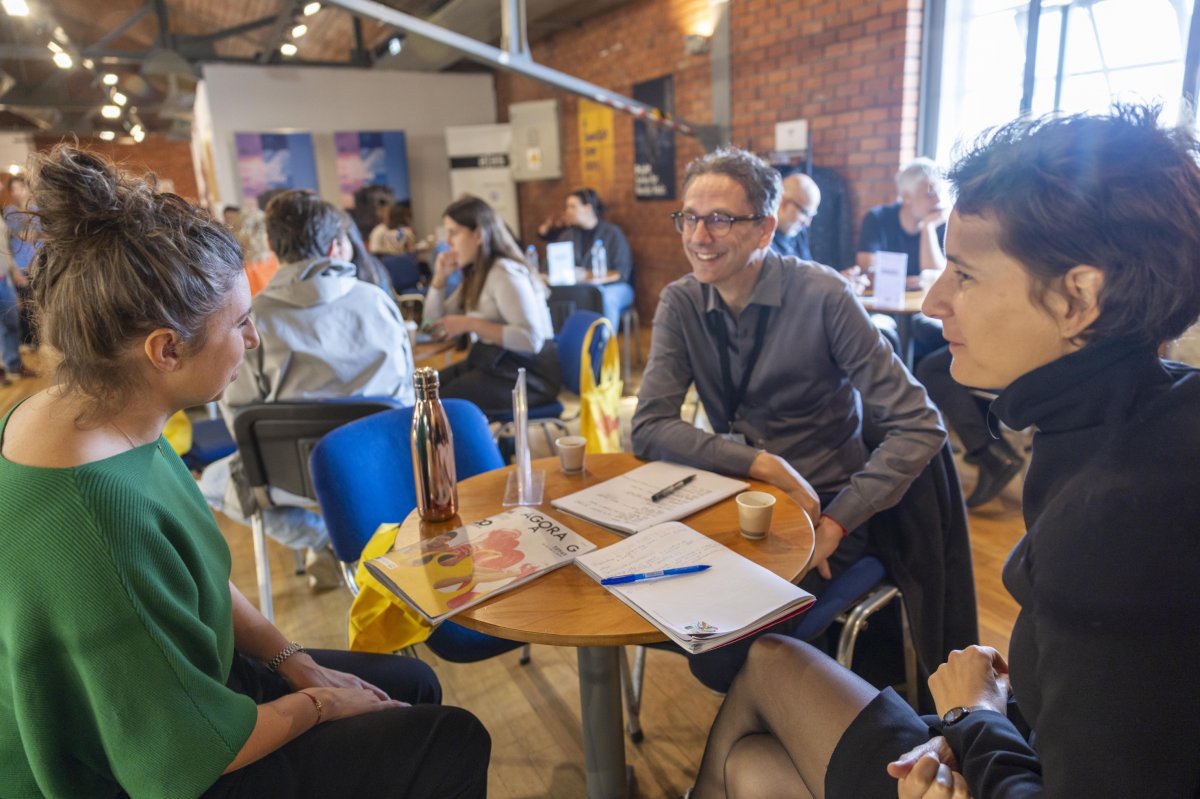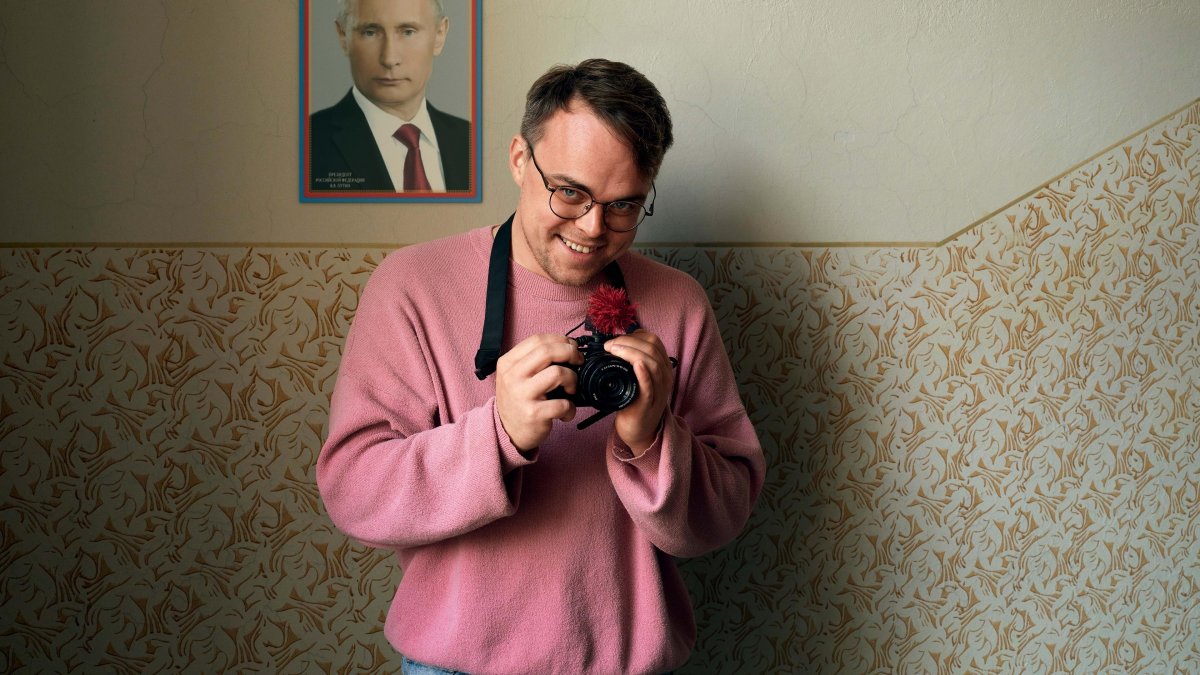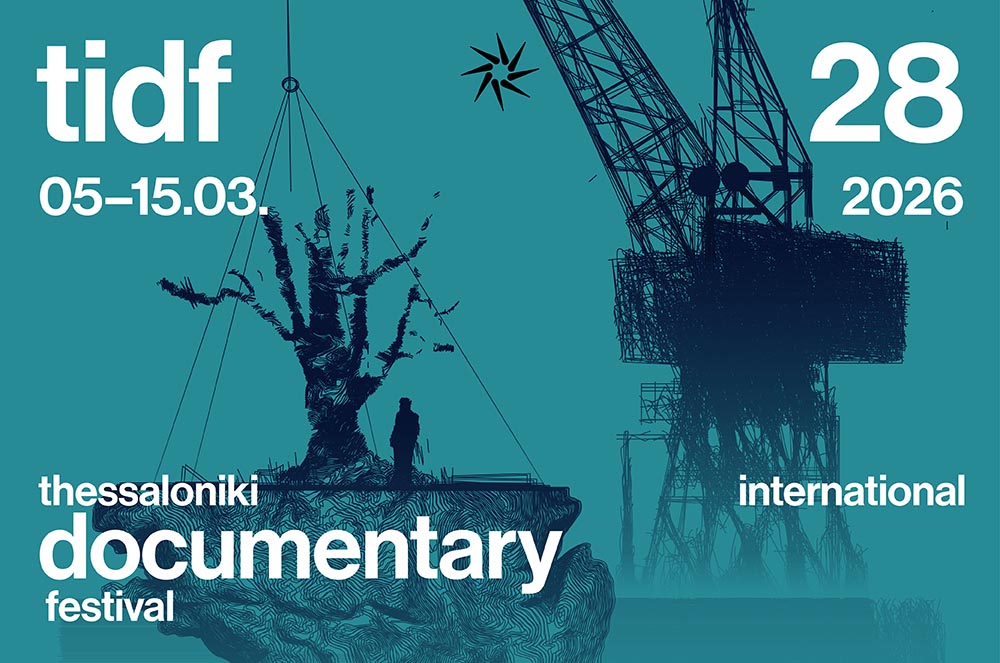With a series of initiatives, the Thessaloniki International Film Festival honors Dimitri Eipides, the man who faithfully served the cinematic medium, the founder of the Thessaloniki Documentary Festival and for many years the director of Thessaloniki Film Festival organization, a visionary who introduced a new kind of cinema and discovered great filmmakers.
News
For more information please contact Press and Communication Department.
Welcome to the online 23rd Thessaloniki Documentary Festival
www.filmfestival.gr
The 23rd Thessaloniki Documentary Festival goes online and presents the best documentaries from all over the world, an exciting feature and the most thrilling documentaries for children and young people. In all, 50 documentaries will be presented from Thursday March 4 to Sunday March 14, 2021, through the Festival’s digital platform online.filmfestival.gr.
The posters of the 23rd Thessaloniki Documentary Festival are created by photographer Olga Deikou
www.filmfestival.gr
Everything that awaits us, the open horizon, the journeys and the sense of discovery are reflected in the Festival posters. A road trip, a child playing carefree with a small airplane, the traveling birds. All together express the day after, which we hope will not be far away.
Destination: Journey
www.filmfestival.gr
Why do we travel? What are we looking for in our journeys? The 23rd Thessaloniki Documentary Festival sets the journey itself as its destination and organizes a large and exciting tribute, titled Destination: Journey. The films of the tribute will be screened in March (March 4 – 14, 2021), during the online 23rd TDF, on the Festival’s online platform, for viewers all over Greece.
Applications for the online podcast workshops are now open
www.filmfestival.gr
We are happy to announce that the applications for the podcast workshops are now open. The free workshops will take place during the online 23rd Thessaloniki Documentary Festival (March 4 to March 14, 2021). Τop podcast experts from all over the world will focus on the basic principles of podcasts, will discuss content creation, technical features and they will share their secrets and know-how.


